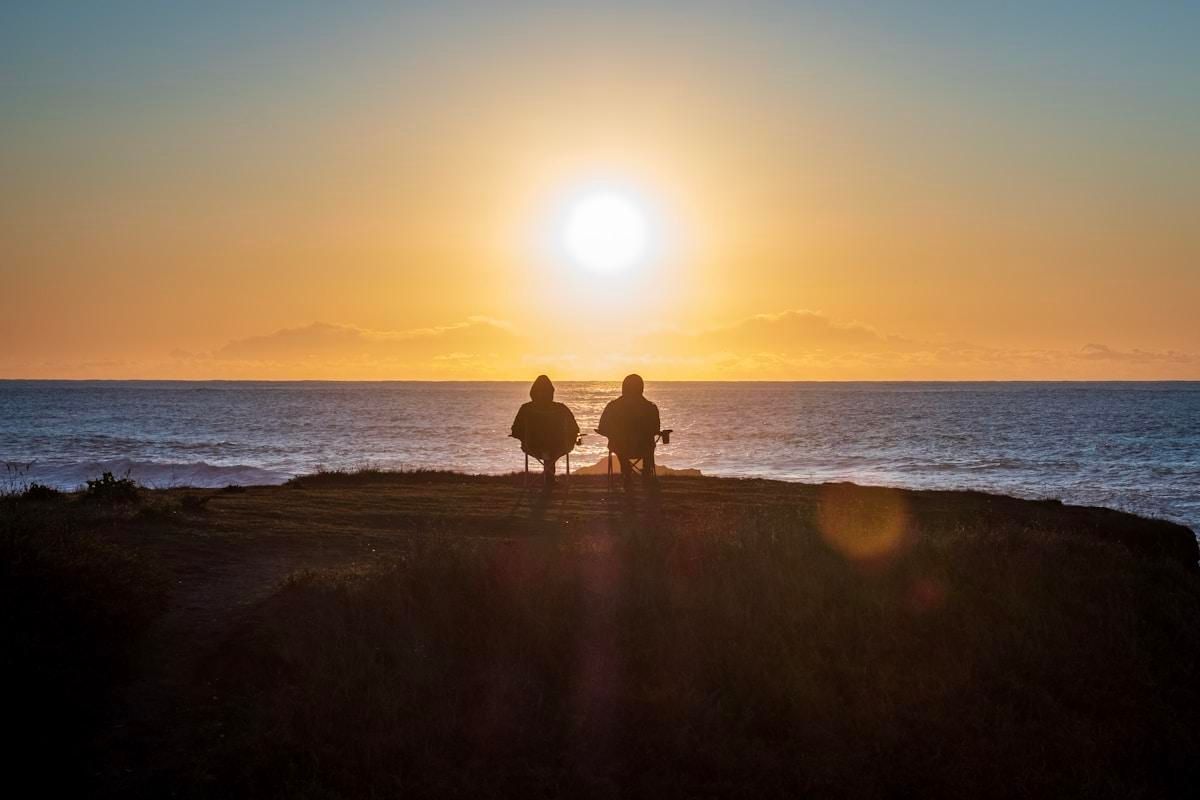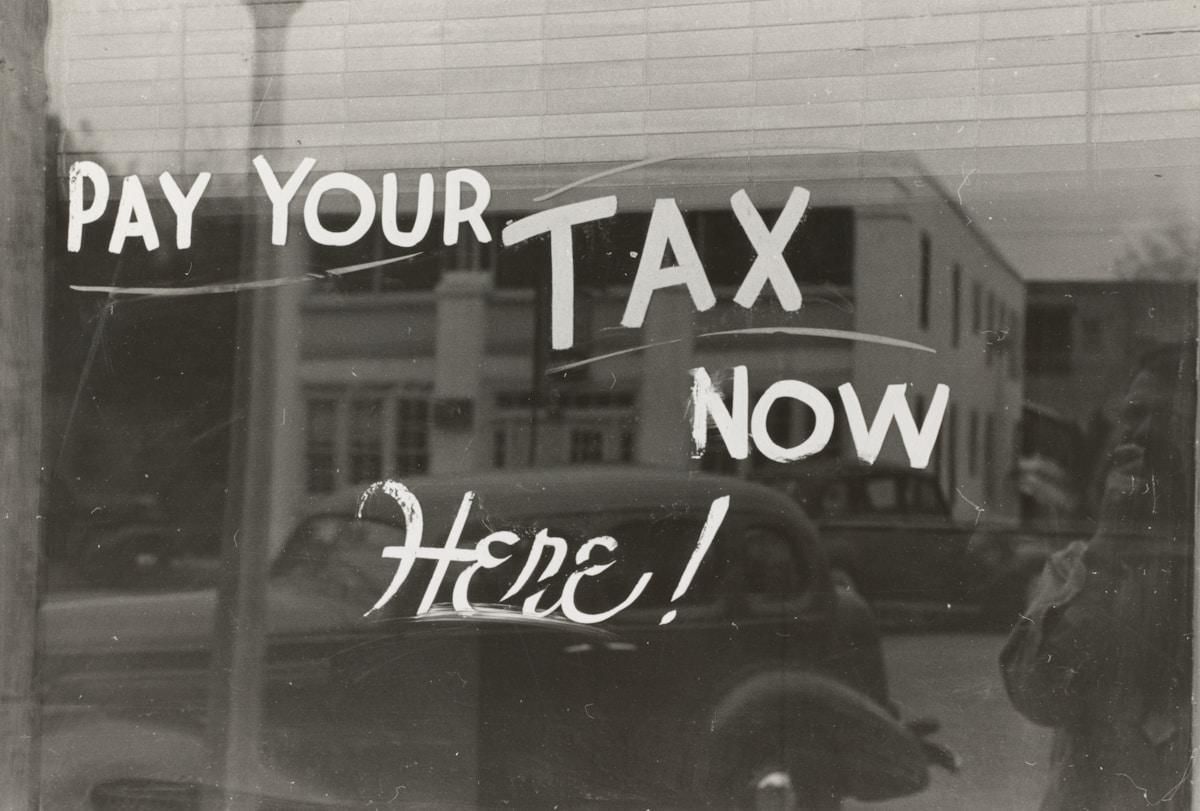- If the deceased leaves a spouse and no children or descendants, the spouse receives the entire estate.
- If the deceased leaves a spouse and children (all of whom are children of the spouse), the spouse receives the first $300,000 and half of the remaining estate. The other half of the remaining estate is divided among the children.
- If the deceased leaves a spouse and children, some of whom are not the children of the spouse, the spouse receives the first $150,000 and half of the remaining estate which is then divided among the children.
- Surviving spouses do not automatically have an interest in the spousal home. Rather they have the option to buy the home.
- If the deceased leaves no spouse, then the estate is divided among the children equally.
- If the deceased had no spouse or children then the estate is passed onto the other family members such as parents, siblings, aunts, uncles, etc.
- If no one qualifies to receive the estate under the rules, the estate goes to the government.
- Looking at the above options are you comfortable with those that pertain to you?
Follow Us
iA Private Wealth Inc. is a member of the Canadian Investor Protection Fund and the Canadian Investment Regulatory Organization. iA Private Wealth is a trademark and a business name under which iA Private Wealth Inc. operates.
This is not an official website or publication of iA Private Wealth and the information and opinions contained herein do not necessarily reflect the opinion of iA Private Wealth. The particulars contained on this website were obtained from various sources which are believed to be reliable, but no representation or warranty, express or implied, is made by iA Private Wealth, its affiliates, employees, agents or any other person as to its accuracy, completeness or correctness. Furthermore, this website is provided for information purposes only and is not construed as an offer or solicitation for the sale or purchase of securities. The information contained herein may not apply to all types of investors. The Investment Advisor can open accounts only in the provinces where they are registered.
Products and services provided by third parties, including by way of referral, are fully independent of those provided by iA Private Wealth Inc. Products offered directly through iA Private Wealth Inc. are covered by the Canadian Investor Protection Fund, subject to exception. iA Private Wealth Inc. does not warrant the quality, reliability or accuracy of the products or services of third parties. Please speak to your advisor if you have any questions.
All Rights Reserved | Right Direction Financial
Proudly built and managed by Sommer Digital Inc.


















